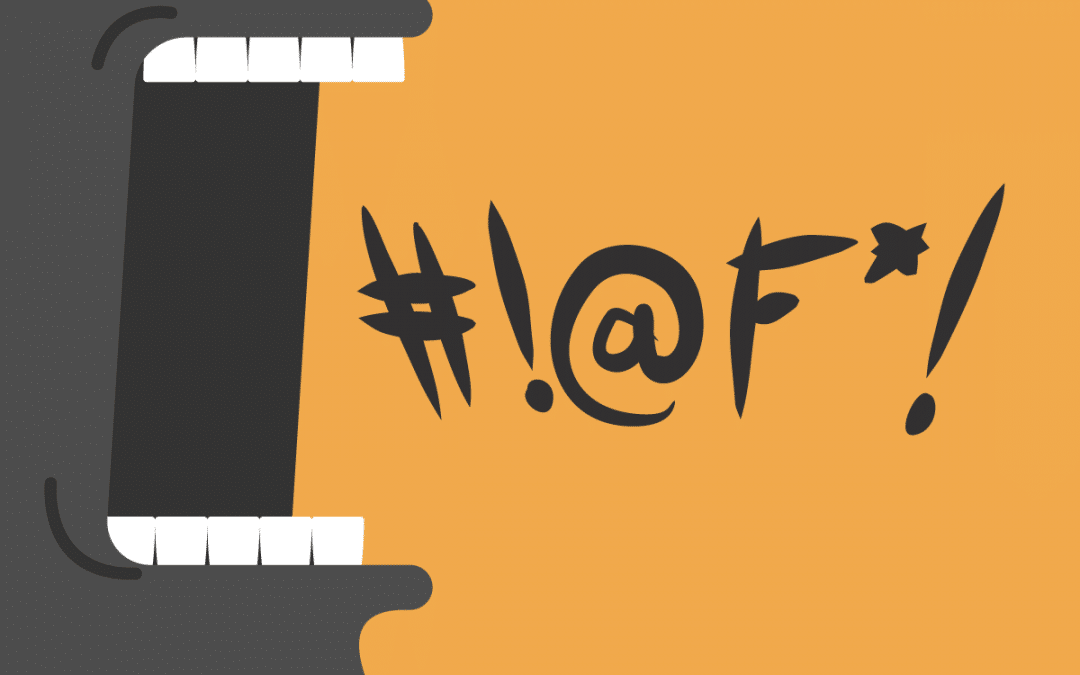Since we were kids, many of us have been told that swearing is not big and not clever – and that using the wrong words could mean trouble. But is that still true in 2023? We wanted to dig a little deeper into the real relationship between Britons and swear words.
The results were fascinating – with around seven in ten (69 percent) Brits saying that swearing remained a powerful act. So while we may feel that it is more pervasive than ever – and indeed 51 percent of those polled believe they curse much more than their parents did (with only 26 percent saying they swear less) – swearing still retains its power to unsettle.
It’s interesting also to see that many of the most powerful words have their roots in old English, Anglo-Saxon or early German and have been with us for hundreds of years – the “f-word” is a comparative newcomer as being first written in the 1500s – though some scholars believe it may not have been written before that as it was too vulgar.
But while these remain unsayable, the quantitative research of 2,000 people revealed how our attitude to other words that would have been deemed outrageously rude just a few generations ago has changed.
And so while blasphemy – taking the Lord’s name in vain – may have once been the ultimate swear word, 41 percent of us now don’t consider saying “Oh My God” as swearing and 36 percent admit to saying “Damn” without a second thought.
38 percent of those polled said they thought that some words that were completely unacceptable in the past are totally fine to say now, however 47 percent of us believe that while language evolves there remain words which you should not use in order to not cause offence.
The study also found that almost two thirds (64 percent) of Brits believe that swearing works to ease your pain if you hurt yourself – an opinion which neuroscientists also believe to be true.
And our favourite painkilling word? The f-word, used by over half of Brits when they stub a toe (or similar). Then it was “s**t”, followed by the milder but also effective “bloody hell”.
There was an unexpected profession topping the charts as the most foul mouthed – accountants. Though perhaps any job which has to deal with tax returns should be allowed a certain amount of leeway, it was still surprising that they came ahead of builders, bankers, doctors and teachers.
The research has not definitively proved that swearing is not big or clever but it has shown that it might be more nuanced than we think.
Britain’s Top 10 Pain Relieving Words:
1. F**k 52%
2. S**t 50%
3. Bloody hell 25%
4. Bollocks 23%
5. Damn 23%
6. Bugger 19%
7. Crap 17%
8. Shite 16%
9. C**t 15%
10. Cock 6%
